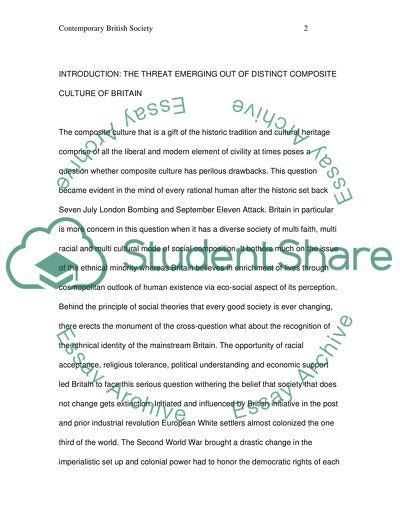Cite this document
(“Community culture and change Essay Example | Topics and Well Written Essays - 2250 words”, n.d.)
Retrieved from https://studentshare.org/miscellaneous/1520883-community-culture-and-change
Retrieved from https://studentshare.org/miscellaneous/1520883-community-culture-and-change
(Community Culture and Change Essay Example | Topics and Well Written Essays - 2250 Words)
https://studentshare.org/miscellaneous/1520883-community-culture-and-change.
https://studentshare.org/miscellaneous/1520883-community-culture-and-change.
“Community Culture and Change Essay Example | Topics and Well Written Essays - 2250 Words”, n.d. https://studentshare.org/miscellaneous/1520883-community-culture-and-change.


